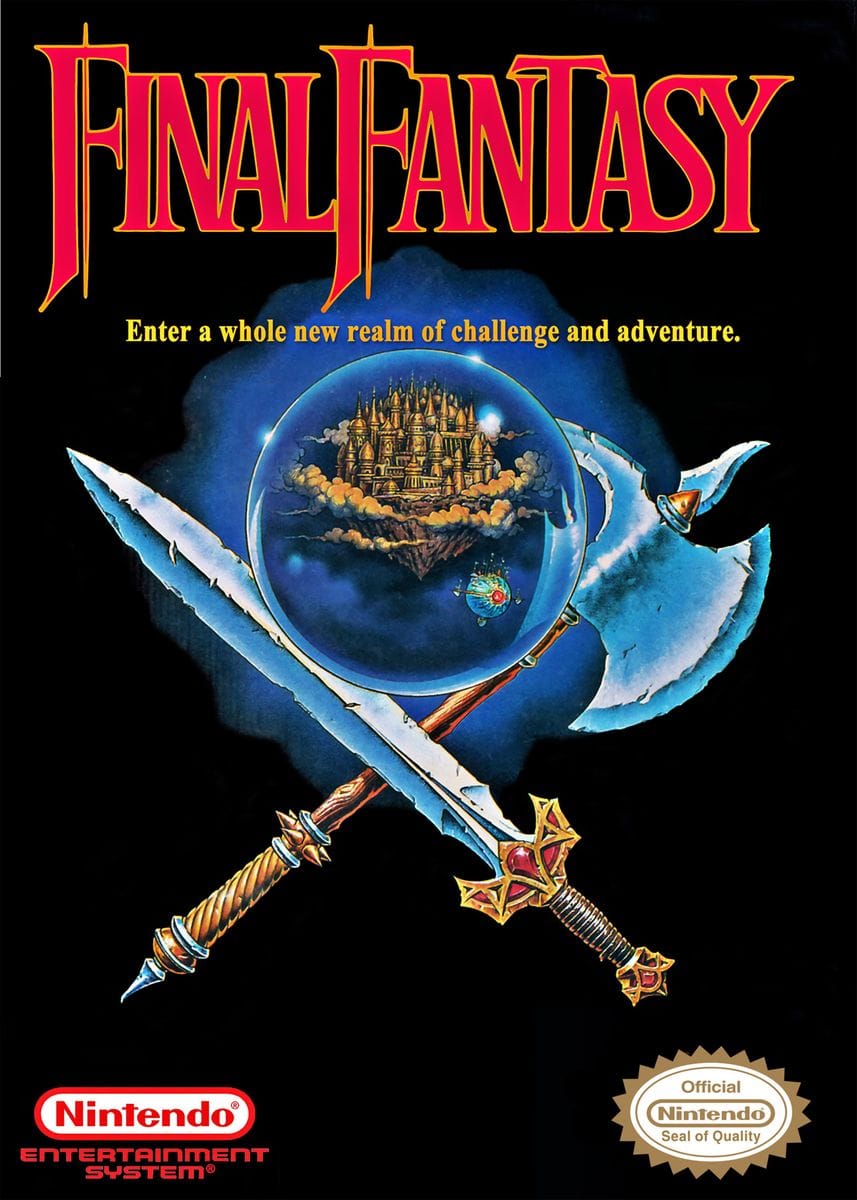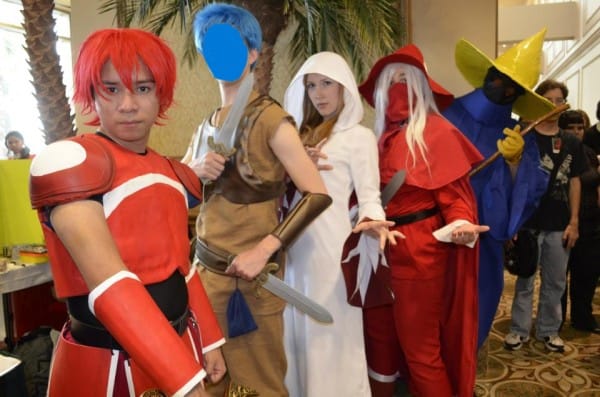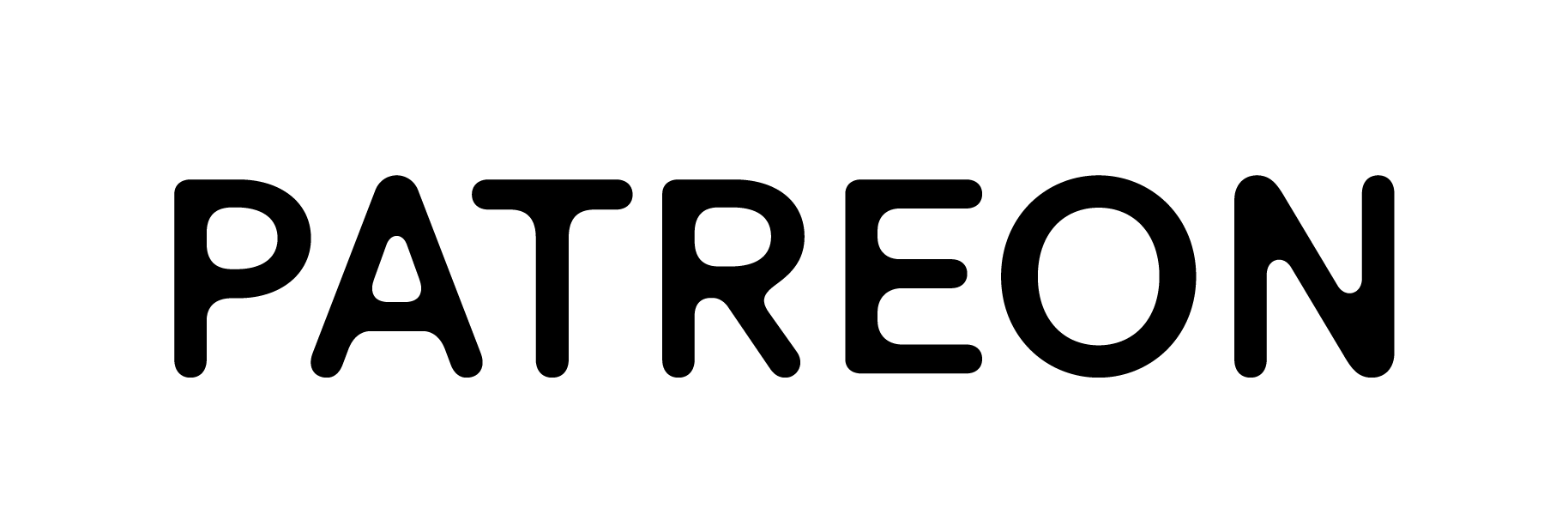Personal Memories of Final Fantasy (NES)

When I was a teenager, I dove head-first into the Final Fantasy franchise after a classmate brought her PlayStation over to my house and shared her games with myself and another friend who was also staying over that night. I'd had minimal personal interaction with Final Fantasy or other Square games prior to this. I'd not fully understood what I was supposed to be doing in Final Fantasy II for the Super Nintendo (which unbeknownst to me at the time was actually Final Fantasy IV), and I'd tried some Super Mario RPG but didn't totally understand why it wasn't a platformer. RPGs were not yet part of my gaming diet. But once they were, I found myself absolutely hungry for more. When I had finished Final Fantasy VII and VIII, I immediately sought out each game that came before it, which started a never-ending hunt for retro and import games. It fueled an interest in emulation, and suddenly a whole new world of gaming was at my fingertips. I had not previously been familiar with games that were not broadly advertised on television or in local shopping guides and catalogues. That's when I finally started caring about gaming journalism and started reading more magazines and online gaming news outlets. From that time forward, I was constantly on the lookout for new Final Fantasy knowledge and information that I had never seen before.
This is what led me to eventually emulate the older games on the Nintendo and Super Nintendo, including ones that had never been released in North America which were now playable thanks to dedicated teams of fan translators and hackers making them available to scores of new players.
I remember downloading an emulator called NESticle (definitely a very mature name for a piece of emulation software) to play the original Final Fantasy. My family had owned a Colecovision and had bought me a Super Nintendo one year for Christmas, but we weren't regularly filling in the console gaps, and so the entire NES generation had passed me by. I had no idea when I'd ever own an NES, so emulation was the only way I knew to be able to get this Final Fantasy fix anytime soon.
I found the original Final Fantasy--released in Japan in 1987 but not released in North America until 1990--to be something worth appreciating, but still very difficult to engage with. There's a reason why games of the time were considered to be "Nintendo Hard", and even Final Fantasy was fairly emblematic of that idea. This definitely was not a game I felt like I could recommend to my friends. I knew that none of them would have the patience for it.
Thankfully, as time went on, other versions of the game would be released, for the PlayStation and for the Game Boy Advance (with even more releases to come much later). That was when I could finally in good conscience recommend to my friends and family that they should give the original Final Fantasy a chance. I remember handing my boyfriend-now-husband the GBA Dawn of Souls release of the game so that he could at least get some understanding if its significance, and then later go on to participate with me in a cosplay group of nearly the entire starting lineup of original jobs from the game (minus Black Belt). And I gotta say, or cosplay group was extremely good. Disappointing that everybody thought we were cosplaying specifically from the parody web comic 8-Bit Theater and not from the game the comic was parodying in the first place, but still a good time nonetheless.

Final Fantasy is debatably the most important Final Fantasy game insofar as, without one Final Fantasy, there couldn't be another Final Fantasy. That seems obvious, but it's true. I think it's important to go back and look at the game in its original state to see the growth and progression of a franchise that has captured the imagination of the world.
This past month, I wrapped up a livestream on Twitch of a playthrough of the NES release of Final Fantasy. I felt like it was important to share this experience with other people, especially because the Pixel Remaster of this game is now much more prominent in everyone's minds. Honestly, almost every release of Final Fantasy is different from one another in pretty significant ways. Each version has attempted its own quality of life updates, fresh translations, and new content, and each of these releases has made it easier to forget what the original release of the game was even like. In all fairness, even the North American release still has differences from the Japanese version that had released three years prior. Very slight gameplay adjustments, edited artwork to dodge religious symbolism and copyright issues, and more. Still, though, seeing the game as it was originally presented to the English-speaking world is a fascinating experience.
There's very little narrative to speak of in Final Fantasy. You play as four heroes--Warriors of Light--destined by fate or something to reclaim the four elemental crystals (or orbs, as the English localization was forced to use to save text space), thereby saving the planet from destruction. Along the way, you save a princess from an evil knight's kidnapping, then beat four legendary monsters who want the four crystals for some reason, and once you've defeated them and collected the crystals, now for some reason you have to go back in time 2,000 years to defeat that first evil princess-kidnapping knight, who has now only gotten stronger thanks to those four legendary monsters you had defeated earlier. That knight--who has now renamed himself Chaos--is now for some reason really mad at you and the whole world and wants to make it your problem. So you fight him and win, to no fanfare, no applause. In fact, according to the text crawl at the end of the game, people generally don't even know you did anything because you solved their problem in the past, so no one could have possibly known there was ever a problem in the first place. It's as if the events of the entire game never even happened.
This whole time, your characters never say a word, and it's as though this whole thing is thrust upon four random dudes. Who knows how they even feel about having to do any of this? There would be later games that would explore who they are and what is important to them, and even novelizations of their adventures, but none of that is present in the original game. It's about as straightforward as a fantasy adventure can get.
It's not a wholly unfamiliar style of turn-based RPG gameplay to anyone who has ever played any other similar game, but if you're not used to older RPG titles, you might not be ready for just how much of a grind the adventure is. Even right at the beginning, it may take you quite a long amount of time to face even the first boss because of how dangerous it is to go walking around outside of town. The grind for experience and money ("gil" in Japanese, but simply "G" in English, again, to save the extra character space) is incredibly steep, and even just upgrading your weapons and armor is a challenge unto itself, especially when enemies are not particularly generous in granting you money at the end of battle. For that reason, a lot of the game will come across as very tedious and repetitive. For me, I found grinding in my spare time to be relaxing, so long as I could also listen to YouTube essays or podcasts, too. That's often the way I approach particularly grindy video games, and so the tedium rarely gets to me. That's a harder thing to be faced with, however, when you're playing the game during a livestream. You will often feel like you're accomplishing nothing for your audience, and although I will often see them insist that they are there for the good company and the conversation with me specifically, I still get nervous that I am not doing anything entertaining enough during my grind for them. This would lead me to more often take those grind sessions offline and do them by myself when no one was looking.
Although not technically impressive, the soundtrack is extraordinarily memorable, with music by now-famous game composer Nobuo Uematsu. Many recognizable fan favorite tunes show up in some form for the first time in this game, including the Prelude, Victory Fanfare, and the titular Final Fantasy. Due to the repetitive nature of the game, you may find yourself eventually burned out on tracks like the battle theme and the world map theme, but in isolation they're still great tracks that are worth later revisits. Tracks like Matoya's Cave are also fun and expressive and are often referenced and reused in later Final Fantasy installments.
Hironobu Sakaguchi is often cited for being the "Father of Final Fantasy," and for his lasting role in the creation of the first and several other games in the franchise after, that is certainly true. But I think many overlook the importance of programmer Nasir Gebelli, an Iranian-American who worked on the programming of the first three games. It is not hyperbole to state that without his involvement, Final Fantasy would not exist. As someone who knows little about game programming, I have to put my trust and faith into the more quiet and less showy department of game development. People often look for writers, directors, producers, art leads, musicians, and voice actors with other incredibly important jobs being less celebrated. Gebelli rarely makes himself known publicly, but I hope that his name is long celebrated.
Although Final Fantasy for the Nintendo Entertainment System was not the first in the franchise I had ever beaten, it's important to acknowledge it as the reason why I had any experiences with the Final Fantasy franchise at all. Re-releases and remakes like the Pixel Remasters are certainly decent ways to enter, and I can see how the newer versions are more inviting, compared to the original which can feel overwhelming and intimidating at times. But it is certainly still playable, and if you have any love of the franchise, it's never a bad idea to try going to the NES source just to be able to say you had that experience. Compared to the flash and grand presentation of later entries, you find yourself walking away with a brand new appreciation for how you got there, and to that extent, I think the NES Final Fantasy is absolutely worth it.

Thank you to all of my Patreon subscribers for making writing about my thoughts and experiences possible. Blogs like this are able to happen more often with your kind support. If you are interested in becoming a member and seeing the perks available, please consider subscribing to my Patreon.
Special thanks to the following Phobos and Mars tier members: Scott Sandler, BetaRayILL, Mannekwin, and MB.
Extra special thanks to Kasei Gumi members Gomer and a calm sea.

